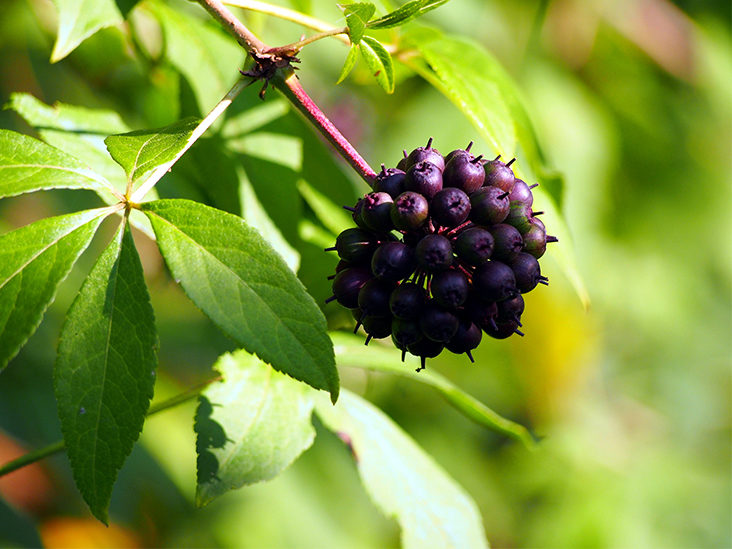What Is Siberian Ginseng?
Siberian Ginseng is a shrub that grows in parts of the former Soviet Union and eastern countries and whose distribution is greater than that of Panax Ginseng.
It belongs to the Araliaceae family and its use in Chinese medicine dates back 4,000 years. The Chinese believe that Siberian Ginseng (Eleutherococcus senticosus) can improve general health and restore memory.
Siberian Ginseng Properties
Its uses:
- stress and fatigue
- arteriosclerosis
- kidney dysfunction
- Chronic Fatigue Syndrome
- general weakness
- High/low or unbalanced blood pressure
- Low defenses
- Cancer and radiation therapy
- Athletes
- In current medicine it is also used as:
- general tonic
- adaptogen
- blood pressure regulator
- Increases the feeling of well-being
- increases stamina
Siberian Ginseng, A Natural Adaptogen
In Russia, it gained a lot of popularity after the investigations carried out, due to its properties as an adaptogen (a harmless substance that exerts a non-specific and regulatory action).
In other words, what you have high brings you down and what you have low brings you up! This is of great interest in individuals with problems of hypertension, hypotension, or unbalanced tension, thanks to its regulatory effect.
An adaptogen of eleuthero as a supplement helps the body to adapt to stressful situations and can therefore be considered a general tonic covering a wide spectrum of clinical applications.
As an adaptogen, according to scientific results, Siberian Ginseng acts as follows:
Increases the ability of humans to withstand many adverse situations (heat, noise, movement, increased workload, exercise, decompression, weather changes, etc.).
- Increases mental acuity and work performance.
- Improves the quality of work produced under stressful situations.
- Improves physical performance, resistance, and concentration in sports activities.
Other Benefits Of Siberian Ginseng
Very effective in arteriosclerosis, due to its ability to lower blood cholesterol, lower blood pressure and eliminate the symptoms of angina pectoris. Its action on blood pressure is purely apoptogenic. Siberian Ginseng raises blood pressure in individuals with low blood pressure.
Its effect as a blood pressure regulator may be indicative of an improvement in the level of kidney function. It has been shown that patients with acute kidney infection improved considerably when Siberian Ginseng was administered
It also acts at the level of the brain. Likewise, it increases the feeling of well-being, thanks to its balancing effect on serotonin, dopamine, and other neurotransmitters. Therefore, it can be of great interest in cases of insomnia, hypochondria, neurosis, and other psychological disorders.
Studies show a protective effect against radiation. It can help against the side effects of radiation therapy in cancer treatment.
Chronic Fatigue Syndrome (Cfs)
One of the most popular uses for Siberian Ginseng is in the treatment of CFS. The most common symptoms are usually: persistent fatigue, low fever, and frequent sore throat. Also, muscle and joint pain, depression, and other psychological disorders
Normally, the main cause of CFS is a weakened immune system. Although you always have to eliminate the factors that contribute to that failure. Firstly, Siberian Ginseng is effective in reducing symptoms of fatigue, correcting low mood, and stimulating decreased immune functions.
Real Cases
Issues
«I am tired of life, I do not perform at work as before, I am always in a bad mood with everyone, I catch any virus that is around, I have no appetite, I sleep badly and wake up worse, I am always tired and have unbalanced tension. Everything hurts… and on top of that I don’t seem to have any disease and worse still, everyone tells me I’m a hypochondriac»
Solutions
In cases like this, the best solution is to take Siberian Ginseng to feel good again and accompany it with a multivitamin-mineral to cover any nutritional deficiencies.
